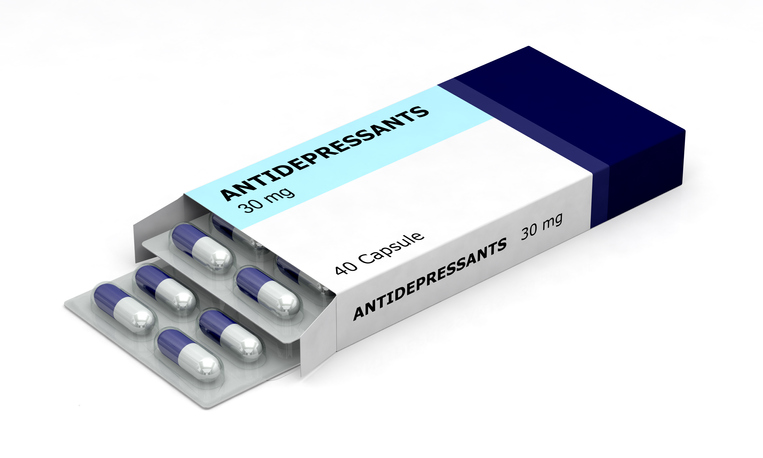Treatments
What Is CBG?

Cannabigerol, also known as CBG, is a cannabinoid, which is a chemical derived from the cannabis sativa plant. Cannabidiol (CBD) and tetrahydrocannabinol (THC) are the two most common cannabinoids. CBG and CBD do not create the “high” associated with THC. It is believed that CBG affects certain chemical levels in the body to lower cholesterol, protect the brain and nerves, and reduce swelling. It is being examined as a possible treatment for inflammatory bowel disease, Huntington's disease, and as an appetite stimulant.
Legality
In the 2018 Farm Bill, the production and marketing of hemp, which is any derivative or part of the cannabis plant that has 0.3% THC or less, was made legal in the United States. In Canada, the possession and production of cannabis products are strictly regulated under the Cannabis Act.
How is CBG taken?
CBG is available as an oil that can be taken sublingually. However, since it is still being investigated for its uses, efficacy and safety, it is not as widely available as other cannabis products.
Safety
The safety of CBG needs to be determined via clinical trials. It may negatively interact with medications with a “grapefruit warning,” indicating that the user should not ingest grapefruit. CBD, and potentially CBG due to their similarity, can change the way that the body metabolizes certain medications.
Benefits
While CBG research is limited, studies suggest it may be beneficial as a treatment for various conditions. This includes bladder dysfunctions, bacterial infections, glaucoma, inflammatory bowel disease, cancer, and appetite loss. Additional research is needed for efficacy and safety.


















